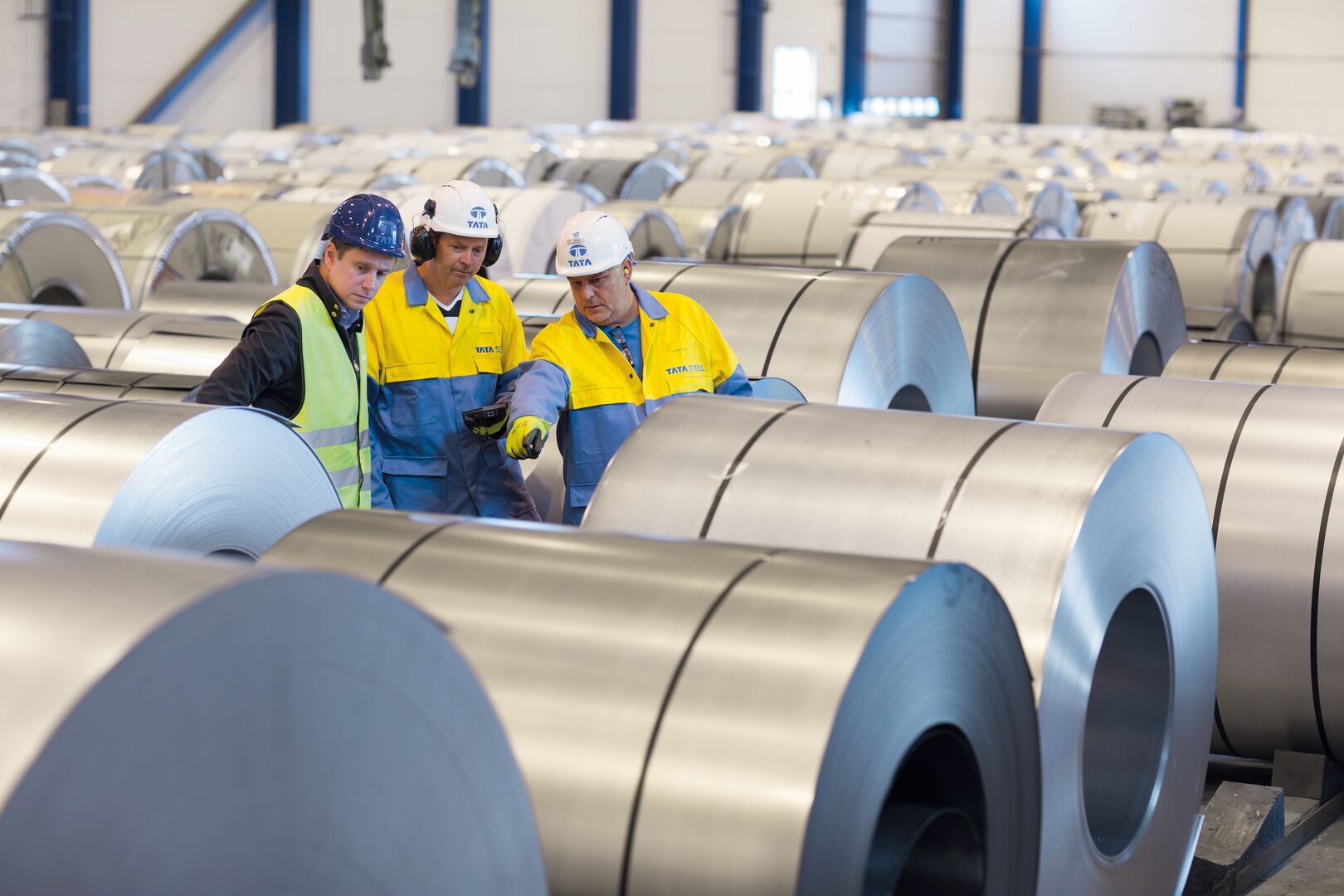
Taking place today (22 March), the event is designed to inspire CIWM members looking to take their sustainability and waste management initiatives to the next level.
Tata Steel’s Steel Packaging Recycling manager Nicola Jones will highlight the vital role of recycling steel packaging in the world’s transition to a circular economy in her presentation titled ‘What quality materials look like in a circular economy’.
Nicola Jones exclusively tells Packaging Gateway:
“Steel is a vital packaging material to keep our food safe and fresh and reducing food waste. It is also a permanent material, meaning that it is infinitely recyclable in our steel making process. Steel is a truly circular material for any application including buildings, cars and cans.
“It is extremely easy for consumers to recycle their steel packaging, whether it’s a food or pet food can, jar lid or bottle top, aerosol or biscuit tin, all these can go into their kerbside collection scheme at home. And as steel is magnetic, it is also the easiest material in the world to extract from the waste stream.
“Every steel plant is a recycling plant, and Tata Steel’s Port Talbot plant, the largest steel maker in the UK, recycles around 500,000 tonnes of scrap steel each year including the packaging steels that come from the household waste stream.”
Jones’ presentation will take delegates on a journey through the recycling process – from collection to extraction and new material applications. She will highlight the crucial role that high-quality bales play in optimising the steel recycling process. In addition, she will also share a valuable list of what items should or shouldn’t be placed in metal recycling bins.
Attendees will discover the vital role Tata Steel plays in providing an end-market for UK steel extraction. They will also learn how the industry giant helps organisations to meet their packaging regulations through the sale of packaging recovery notes (PRNs).
Tata Steels reported that the key message is that consumers play an essential part in maximising the success of steel recycling programmes. Their understanding of the importance of putting metal materials in the correct recycling bin – and their engagement to do so – are crucial to achieving a circular economy. It is something that needs to be communicated consistently by all industry stakeholders.
Jones added: “Thanks to events such as CIWM’s Resources Conference CYMRU and our local outreach programme with schools, Tata Steel is helping to spread the word about the vital importance of high-quality bales in the steel recycling process. And momentum is building!
“I look forward to hearing what other speakers and delegates have to say about challenges and opportunities specific to Wales at the event. Together, we really do make a difference!”




